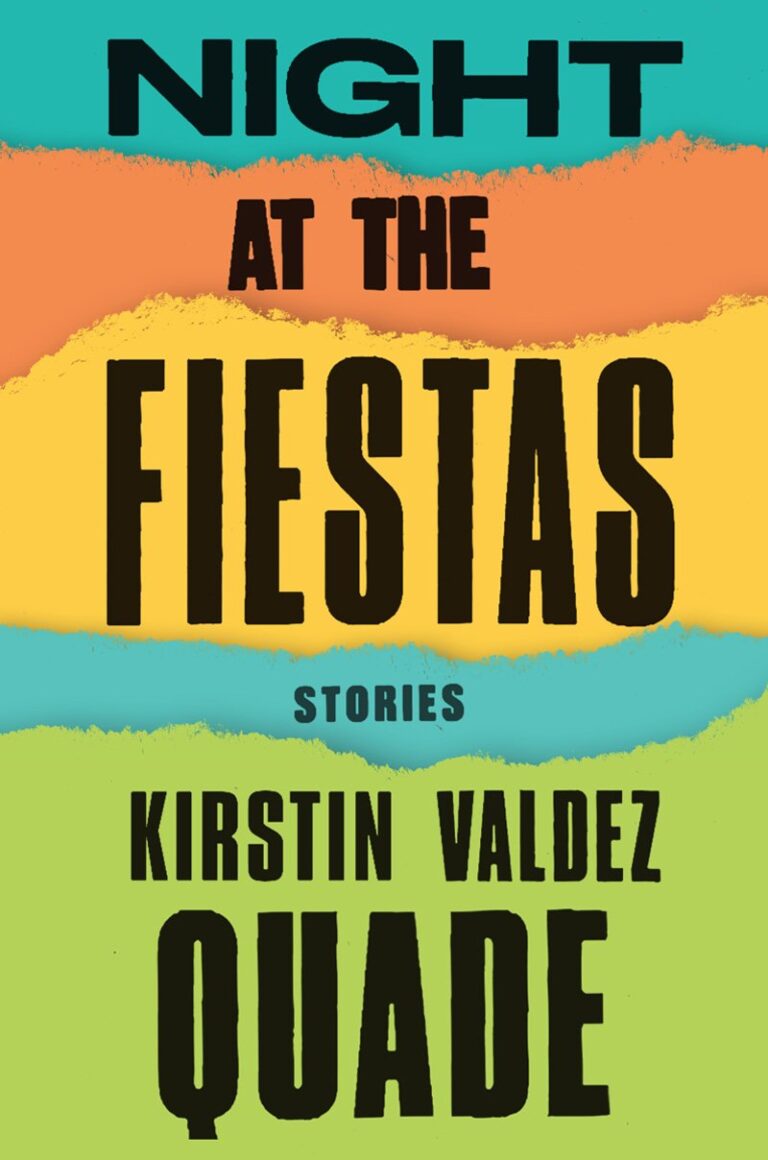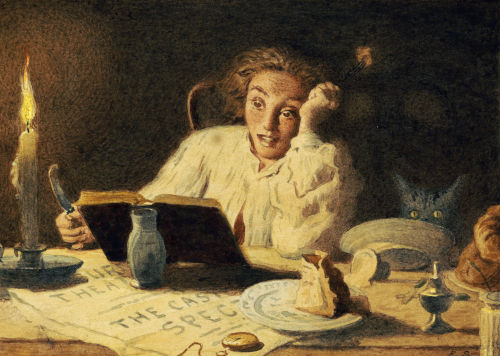The Best Short Story I Read in a Lit Mag This Week: “Constant Worth” by Jon Willer

Over the last few years, Vice President Joe Biden has popularized the refrain, “Show me your budget, and I’ll tell you what you value.” As the title suggests, the dark, epistolary comedy “Constant Worth” by Jon Willer (Paper Darts) explores the values shown through personal economics, both in the present and historically.
The story begins with a simple request made upon the school-age narrator and her friend, Becky:
“When the Worths got picked to go on Family Double Dare, they asked me and Becky if we’d do their dogs’ insulin shots. Mrs. Worth had asked around and heard we were responsible kids.”
We’re in a world of diabetic dogs and families taking time away to participate in Nickelodeon game shows. This is 90s American suburbia, and Willer further reveals both the privileged and comic nature of the narrator and her time as she decides whether or not to agree to the request.
“I didn’t really know the Worths, but I didn’t like them. They were stuck up. Evander and Rhea went to the magnet school, and Becky and I went to Jeane Kirkpatrick…I fenced one bout against Rhea at Regionals. There was this new referee who mixed up the hand signal for Halt, and I got a totally BS yellow card for taking off my mask on the piste…Rhea won from the penalty hit. When I saw that trophy on their entertainment center I almost left.”
Despite her bitterness over her controversial defeat in fencing, the narrator and Becky agree to the job, in light of the spring break Afrikaans Club trip to Johannesburg they need to raise money for. Willer uses the fact the narrator doesn’t register that so little is at stake for her to comic effect. It’s a risk, because he’s depending on the voice and humor, not plot, to carry the story for a couple of pages. Without much at stake, a story can easily lose momentum.
But before it does, Willer provides an obstacle that both ups the ante and changes the nature of the world he’s created. Strange things begin to happen in the Worth’s house. Food flies off shelves seemingly of its own accord. The juicer “rocked back and forth and tumbled off the island, jittering at the end of its cord.” Here’s the explanation.
“Mrs. Worth said she was sorry about the hassle…They had a poltergeist. It was Arnold Worth’s father’s grandfather’s grandfather, Constant Worth. Constant had been in the infantry in the Civil War…He was the leader of a fife and drum corps, and his dying request was that his prized rosewood fife be mailed home to his mother. The guards obliged, but one of Constant’s great-nephews pawned the fife for money to stake a claim in Indian Territory, and he’d haunted every generation of Worths since.”
Mid-story, Willer changes the suburban comedy into a surburban gothic comedy. I noticed two ways he makes this difficult transition smooth. The first is the narrator’s voice, which serves as an anchor amidst the shift. The second is through the off-kilter, mundane details present throughout. The paragraph above would have read far differently were it not for the “prized redwood fife” whose sale he’s getting revenge for. Through this, Willer resists the urge to treat the historical and the spiritual as more serious and moral than the present. Constant Worth is just as petty—and comic—as the rest of the characters.
Willers use of details to normalize the spiritual and historical continues throughout. The Worths tried some potentially serious endeavors to get rid of the poltergeist, but when they—for example—hold a séance, they cover the house with black drapes from T.J. Maxx. When Constant Worth attacks, he does so by firing Nerf guns, hiding protractors, and firing up grills inside.
It’s through one of these details that Willer provides the twist that leads us to the ending. In order to get rid of the poltergeist, the narrator and Becky buy a piccolo to pose as Constant Worth’s fife, then set it out as an offering. It works, and the poltergeist disappears. The Worths return, and the narrator and Becky go back to their lives.
But Willer uses that resolution to create an even greater crisis. The Worths turn up mysteriously dead, presumably at the hands of Constant, in revenge for the trick. The narrator closes the letter with a question to his aunt of what they should do now, facing an angry poltergeist and potentially having caused a family’s death?
You could say the story begins and ends with disagreements over petty disagreements and objects, but Willer shows how—depending on values—what’s petty to one can feel like the world to another. But that’s not to say the story itself doesn’t take a side. Present implicitly throughout is a commentary on privilege, the way it can lead to a distorted sense of values, and how persistent—perhaps constant—the human drive to value possessions above more important matters is.


